Over the past decade, programming has emerged as an indispensable tool, enabling us to tackle challenges previously thought impossible. However, the vast array of programming languages, each tailored to address specific needs, can be overwhelming. The silver lining is that once we master the fundamentals of a language and understand how computers work, learning new languages becomes a breeze.
In this Series, we will spend time understanding how to write code in some of the most popular languages, such as Python, Julia, Rust, Scala, TypeScript, SQL, and DAX, along with niche or lesser-known options such as Erlang, Elixir, OCaml, Haskell, Crystal, and even Assembly.
Throughout a collection of carefully-curated articles, we’ll delve into each language’s theory and historical context, provide a detailed installation process, recommend suitable IDEs for each case, discuss relevant extensions, explain key components, and offer hands-on examples that will hopefully bring clarity and serve as a reasonable starting point to further embark on this journey.

